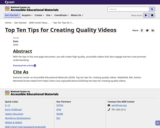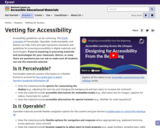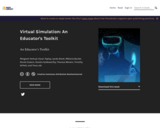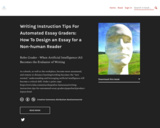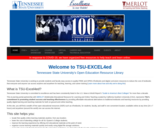
Tennessee State University Open Education Resource - Affordable Learning Solutions Webpage Portal for post-secondary content across higher education academic disciplines in partnership with www.MERLOT.org.
- Subject:
- Accounting
- Agriculture
- Applied Science
- Architecture and Design
- Arts and Humanities
- Business and Communication
- Career and Technical Education
- Communication
- Computer Science
- Cultural Geography
- Economics
- Education
- Educational Technology
- Engineering
- Environmental Science
- Ethnic Studies
- Health, Medicine and Nursing
- Higher Education
- Information Science
- Languages
- Literature
- Philosophy
- Political Science
- Psychology
- Religious Studies
- Social Science
- Sociology
- Women's Studies
- World Cultures
- Material Type:
- Activity/Lab
- Assessment
- Case Study
- Data Set
- Full Course
- Interactive
- Lecture Notes
- Module
- Reading
- Simulation
- Syllabus
- Teaching/Learning Strategy
- Textbook
- Author:
- www.MERLOT.org
- Date Added:
- 10/26/2021
